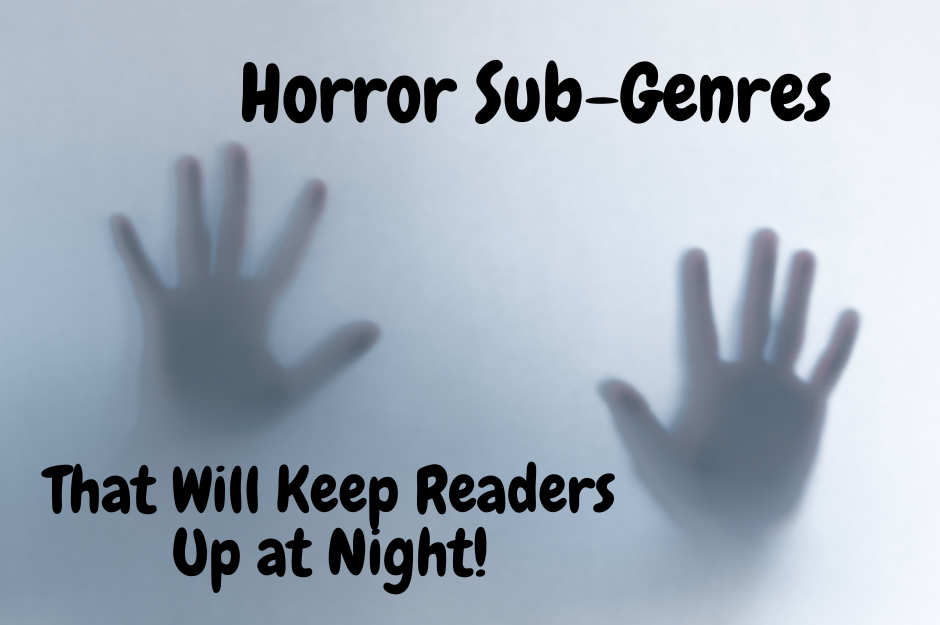|
Listen to or download this article:
|

Declutttering sentences give me the same thrill that Marie Kondo (author of The Life Changing Magic of Tidying Up) experiences when she organizes sock drawers or attacks a kitchen’s junk drawer. I believe she calls this feeling “sparking joy.” Not only do I want sentences to be grammatically correct, but I want to make sure that every word counts toward moving the story forward. And that definitely sparks joy in me.

The Ubiquitous Junk Drawer
Most of us use go-to words that aren’t necessary to tell the story. We use them out of habit or laziness, or because no one has pointed out that you don’t need them. In the spirit of writing clean, crisp, and intelligently here’s a reminder about words you usually don’t need.
Declutter Your Sentences by Eliminating These Junk Words
Breathing, deep breaths, barely breathing, inhaling, exhaling, and other lung movements. Many writers of all levels reveal their characters’ emotions and reactions using their breath, lack of breath, breathlessness, or as their main method of reacting and showing emotion. “I took a deep breath” is a phrase I’ve seen so often it’s a cliche. Unless a character has the breath knocked out of him or is in the midst of childbirth, avoid focusing on breathing as your main means to create emotion. Instead collect a variety of mannerisms, reactions, gestures, and body language individual to each character.
Down or up. As in Rachel sat down. Now Rachel can collapse into a chair, or sidle into an empty seat in a dark theater, or ease onto a sofa, or flump onto a bed. Sit and sat means a person is lowering himself or herself. As in down. More accurately sit means supporting your weight on your buttocks.

Question your use of up. It seems so innocent, doesn’t it? Blithe stood up. Stood means up because standing means a person is upright, supporting himself on his feet. Denzel stood, joining the screaming fans. Also, do not write grabbed up; grabbed suffices. Avoid appending up to spoke, hurry, lift, climb, and rose.
Really. I mean really? Do you need it? Is the weather really cold or is it frigid or dangerously cold?

Really?
Literally means exactly as described or in a literal or strict sense. It does not mean quite, actually or really. Wrong: I was so mad I was literally shaking like a leaf and red-faced. Or, I was so terrified I literally jumped out of my skin. Or, Her death literally brought me to my knees. Better: The playoffs were watched by literally millions of fans.
Basically, essentially, obviously, basically, totally. Hint: question every adverb you use with an -ly ending because many are so overused they’ve become meaningless. However, the larger issue is many people sow these words into their stories without understanding their correct meanings mostly to maximize or intensify. Over time many adverbs have become meaningless. Basically means at a basic level or fundamental sense, not almost or mostly. Essentially means the essence of something or in an essential manner, not almost or often. Practically means in a practical manner not almost or mostly. Totally means completely, in every part, not really.
Just. No, I’m not just kidding. Too many of us (guilt-hand raised) use this one out of habit.
Moments. I’ve read manuscripts where characters pause or think or kiss for only a moment hundreds of times throughout the story. There are plenty of ways to describe brief actions or thoughts.
That. If a sentence works without that, ditch it. Easy, right?
Suddenly. Because if you’re reading fiction you assume that actions, twists, and surprises will happen abruptly. They are devices used to increase tension and suspense. No need to announce it.
Hopefully doesn’t mean ‘I hope.’ But it might convince an editor you’re not the wordnik he or she wants to work with.

Bleeding Manuscript
Towards, backwards, forwards, upwards, downwards. Replace with toward, backward, forward, upward, downward.
A note from Kiffer: A handy tool to help you recognize if these egregious junk words have infiltrated your manuscript is the “Find and Replace” tool that can be found in WORD or other word processors. This tool finds and highlights specific words so that you can replace if needed to insure that every word counts.
Chanticleer’s Writer’s Toolbox Series

Jessica Page Morrell
Jessica Morrell is a top-tier developmental editor and a contributor to Writer’s Digest magazine, and she teaches Master Writing Craft Classes at the Chanticleer Authors Conference that is held annually along with teaching at Chanticleer writing workshops.
Keep writing, keep dreaming, have heart. Jessica Morrell









Leave A Comment